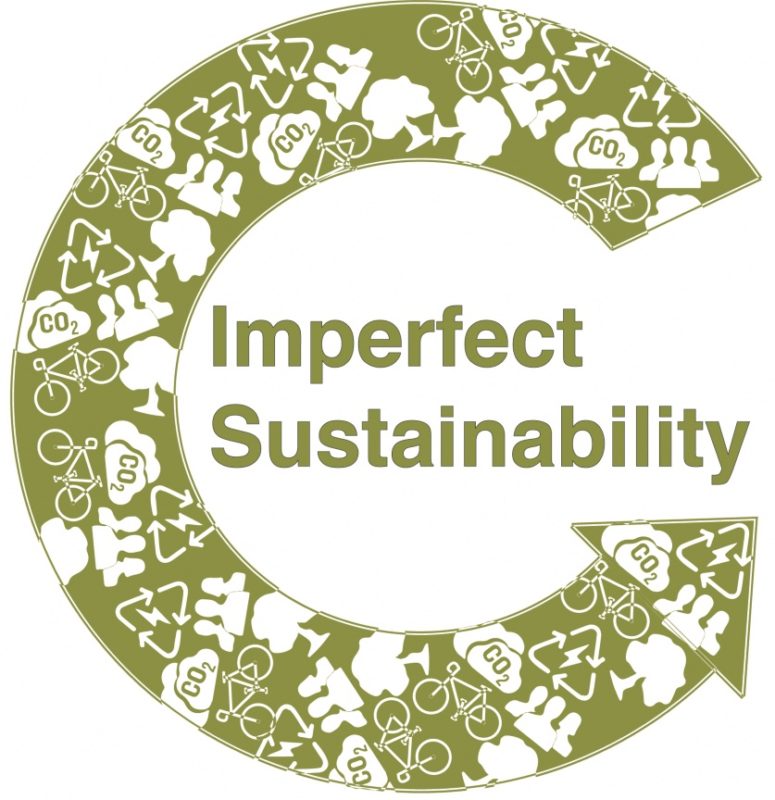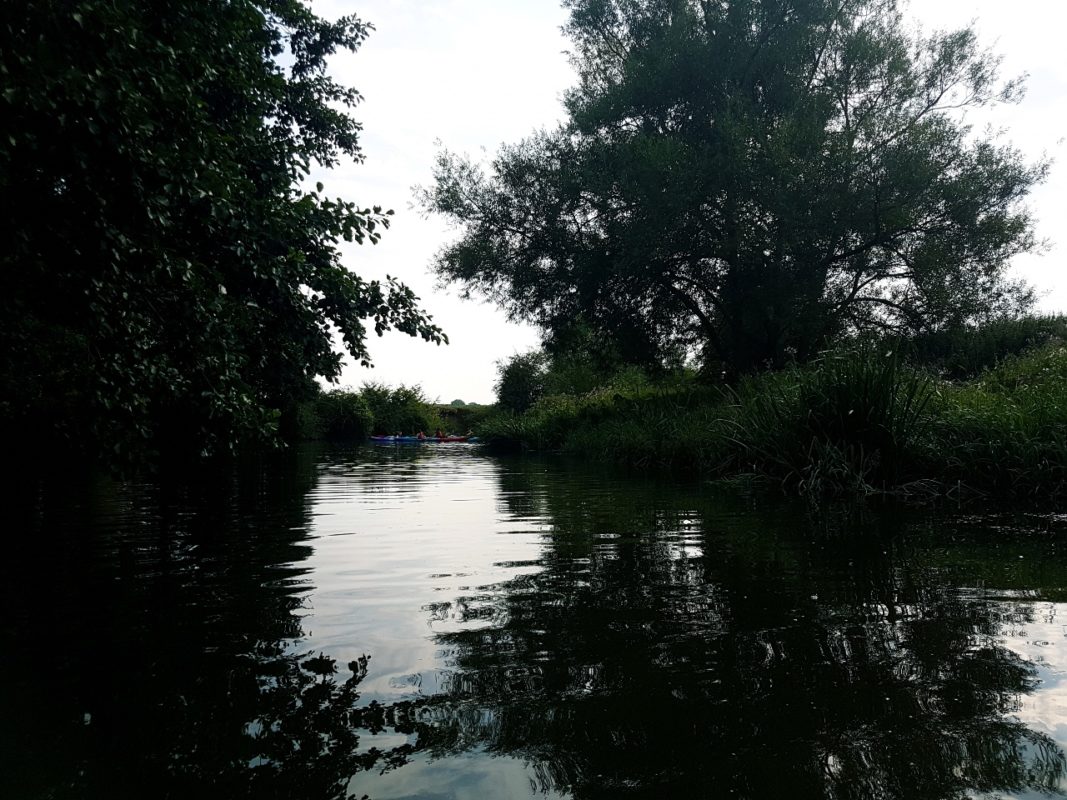A couple of days ago I listened to a fantastic and informative zoom talk given by the Friends of the River Marden hosted by Avon Needs Trees. The talk described the fascinating aquatic ecosystems in the River Marden, and the River Avon at Chippenham. At the end of the talk I asked the question –
Should the River Marden and River Avon be Granted Legal Rights?
Now that might seem a rather fanciful or possibly philospohical question, but it is not without precedent.
But why would I ask such a question? Aren’t the rivers already protected?
Well if you watch the talk below you’ll see that the River Marden’s water quality is only considered moderate. Just upstream on the Marden is the Calne sewage works. Ecologist Harriet Alvis describes how at one point when working in the Marden next to the Avon Needs Trees site they had to evacuate the water as raw sewage started to pump into the river. If you saw the BBC Panorama investigation into sewage discharge, you’ll know that water companies across the country are regularly illegally discharging sewage into rivers. Couple this with misconnected sewage systems into storm drains – such as that at Emery gate, phosphate run-off from fields, and pollutant run-off via storm drains which effectively connect straight to the river, and we have a pretty dire picture for the ecology of the river, wildlife, kayakers and wild swimmers.
Add in the possibility of tens of thousand more houses for Chippenham and their associated sewage requirements, surface pollutant runoff from new impermeable surfaces via storm drains into the river, and it’s a pretty poor picture. With increased heavy rainfall predicted through climate change we really aren’t mitigating or adapting our infrastructure fast enough to cope with these changes.
So what precedents are there for granting a river legal rights?
Well an alternative legal approach to protecting the rivers could be to focus on granting the river legal rights. If rights for a non-human entity sound fanciful, remember that UK companies have enjoyed legal personhood since the Joint stock act of 1844.
In 2010 Bolivia began leading the way with a Law of Rights for Mother Earth, which gives nature equal rights to humans. In New Zealand in 2017 the Whanganui River sacred to Maori people was granted the same legal status as a person, ensuring that it will be better protected from mining and other forms of ecological violation.
The next logical step is the establishment of ‘ecocide’ as a crime under international law. The late British environmental lawyer Polly Higgins described ecocide as the ‘missing international crime of our time’.
If you want to look much closer to home, Frome Town Council are already trying this with the River Frome..
Sustainable Frome has requested the Council make a new type of bye law which recognises the River Frome as a subject of the legal system, capable of bearing rights in the same manner as humans and companies. This report has been drafted by them and the recommendation from the Town Clerk is that FTC work with Sustainable Frome to develop the idea with a view to establishing a nature rights bye-law.
- The River is granted river appropriate rights. These rights stem from the function of rivers within the wider whole of nature. They express the conditions necessary for a thriving river.
- The River, local people and the Council are granted the power to enforce these rights on behalf of the River. Anyone trying to defend nature currently has to show a sufficient (usually prop- erty based) interest in order to bring a case. This is a way of shutting out discussion of envi- ronmental concerns.
- The Rivers rights are not subordinated to the rights and interests of companies or natural per- sons, whose property claims must respect the rights of the River.
- These rights have been granted by many municipalities in the USA and are forming the basis for community legal actions in opposition to destructive mining interests. There are other precedents from around the world but not yet in the UK.
Frome’s Independent Town Council are now petitioning the Government to grant the River Frome legal rights as reported in Reuters…
In practical terms, supporters hope that granting the Frome rights will give lawyers a new avenue to seek redress whenever its waters are sullied by runoff from pig and dairy farms or overflowing sewers. Last month, one of the River Frome’s tributaries turned an unnatural shade of neon blue – highlighting wider concerns over water quality in British rivers.
If Frome Town Council succeed it could be a landmark change in the way we protect our rivers.
One thing is for sure, if we want our River Ecosystems to survive the next 30 years in a reasonably healthy state we need to act now, and we need stronger protections for the River Avon and Marden than is currently granted.


